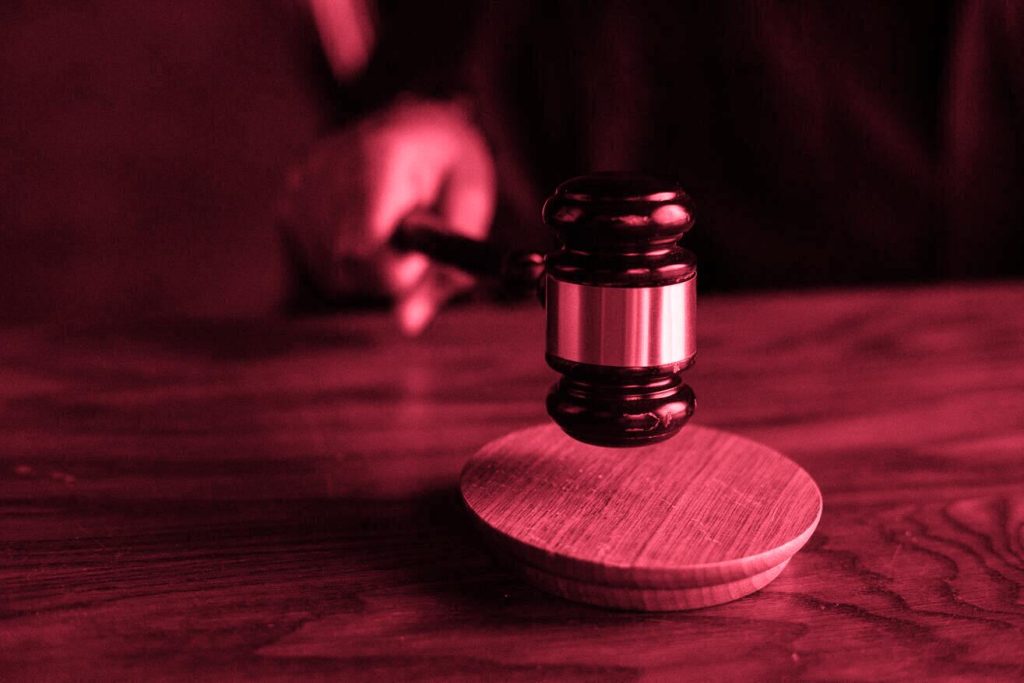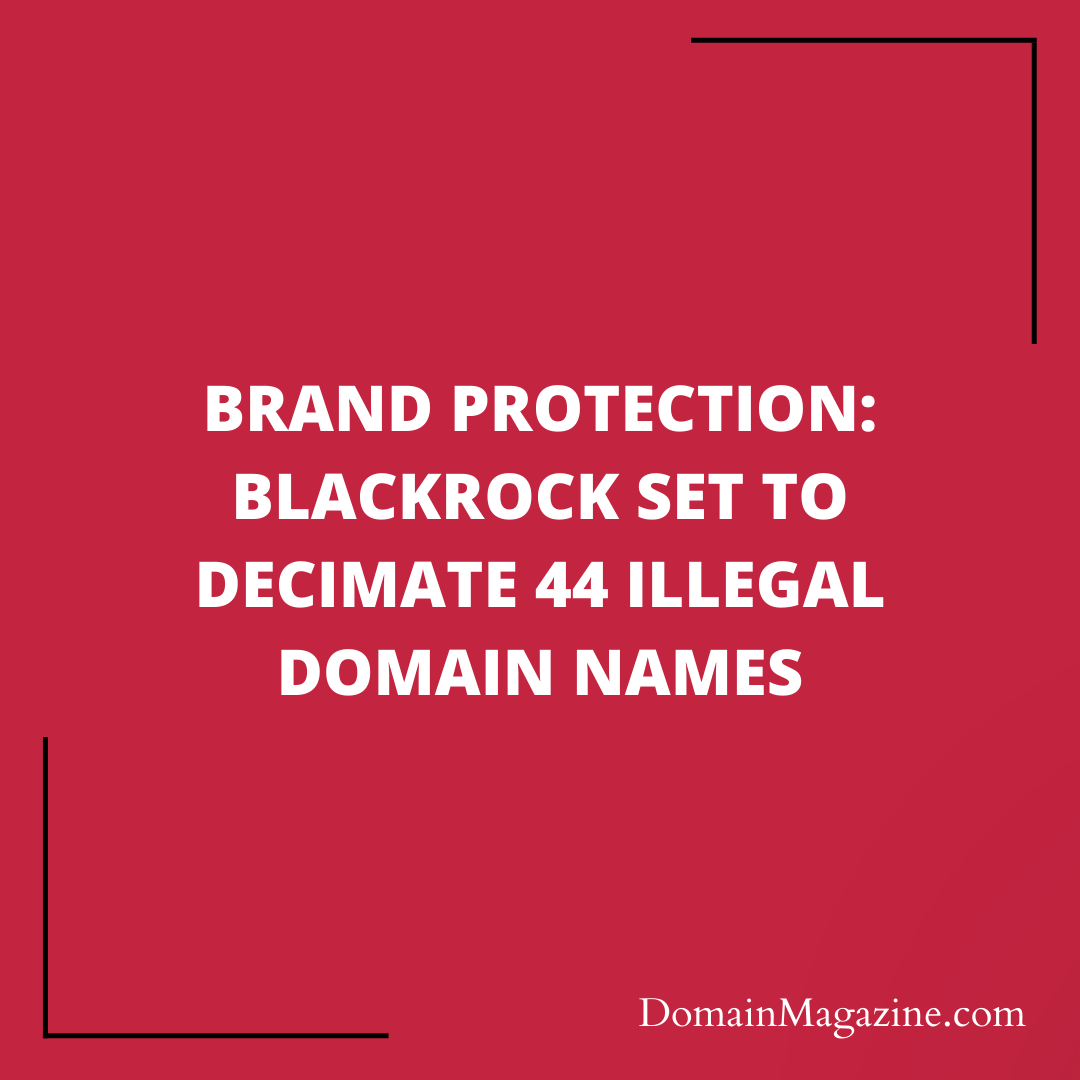In a bold move, global investment giant BlackRock has taken legal action against 44 copycat websites, accusing them of deceptive practices that aim to confuse and exploit unsuspecting individuals for illicit profits. The lawsuit, filed in a U.S. court, marks BlackRock’s strong stand in protecting its brand and the public from online deception.

The Allegations:
Brand protection is of paramount importance for corporations. The 44 domain names in question bear names such as “Blackrock,” “Aladdin,” “capital,” “crypto,” and “investments.” BlackRock alleges that these domains were created with malicious intent to deceive unsuspecting visitors. They employ a range of deceptive techniques, including pay-per-click ads, malware distribution, and email phishing attacks, all designed to exploit those seeking legitimate connections with BlackRock.
The Cryptocurrency Connection:
Among the 44 domains, BlackRock has encountered several related to cryptocurrency, suggesting potential involvement in crypto-related scams. The lawsuit aims not only to regain control of these domains but also to seek damages and court orders to prevent further cybersquatting and trademark infringement against the brands BLACKROCK, ALADDIN, and BLK.
Patterns in Domain Registration:
While each of the disputed domains may have subtle variations, several common patterns in domain registration are apparent:
- Mimicking Brand Names: The disputed domains often mimic the brand names associated with BlackRock, such as “Blackrock,” “Aladdin,” “capital,” and “investments.” This reflects a clear attempt to mislead visitors into believing that they are accessing official BlackRock websites.
- Variations in Top-Level Domains (TLDs): The scammers have registered domains with various top-level domains, including .com, .net, .org, and others. This tactic is used to give the deceptive websites an air of legitimacy and diversity.
- Use of Hyphens and Concatenation: Some of the domains employ hyphens or concatenate words to create a misleading web address. For example, “crypto-blackrock.com” uses a hyphen to join “crypto” and “blackrock” in an attempt to appear affiliated with both cryptocurrency and BlackRock.
- Pluralization and Misspelling: Another common strategy is to use pluralization or misspelling of brand names or keywords, making it easier for individuals to inadvertently land on these deceptive websites.
The patterns in domain registration suggest a well-thought-out strategy by those behind these websites to deceive visitors and exploit the reputation and trust associated with BlackRock’s brand. BlackRock’s legal action aims to disrupt these deceptive practices and protect both the integrity of its brand and the public from online deception.
The Power of Typosquatting:
BlackRock’s legal team, led by Wiley Rein LLP, highlights a disturbing trend – typosquatting. This practice involves registering domains with minor typographical errors that closely resemble legitimate websites. For example, a domain like “BlackFock” closely mimics “BlackRock,” with just a single keystroke error. This strategy is widespread, with over 95% of the internet’s top 500 websites falling prey to it.
A Strong Message:
BlackRock’s legal action sends a resounding message – the company is committed to protecting its brand and the public, both in the physical and digital realms. This move reflects the importance of online vigilance and the need to safeguard well-established brands and unsuspecting internet users.
BlackRock’s lawsuit against these deceptive websites underlines the vital role of brand protection in the digital age. By taking legal action, BlackRock seeks to protect its reputation and the interests of the public, demonstrating its resolve in the fight against online deception. These digital marauders will soon learn that BlackRock is not to be trifled with, even in the virtual world.
To check the complete list of domain names in dispute click here.
Source: https://www.financemagnates.com/trending/blackrock-dropping-the-hammer-on-copycat-sites/


Join the Discussion